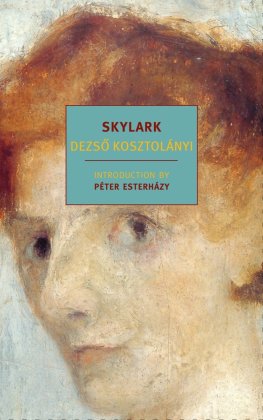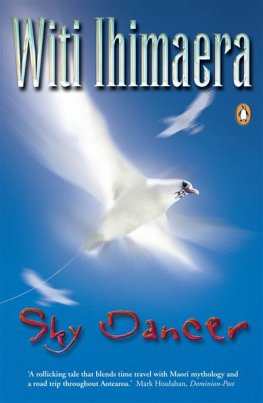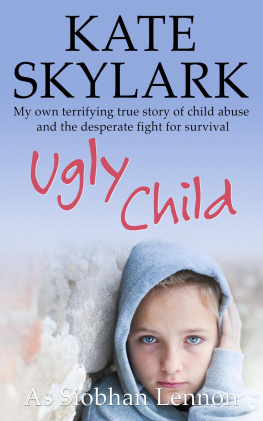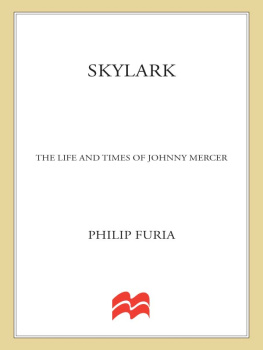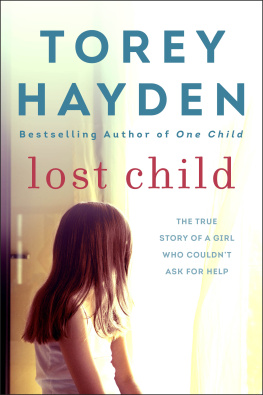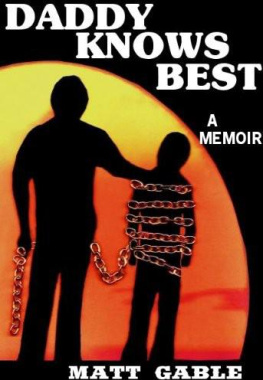Everyone was born at that time: Joyce, Musil, Broch, Rilke, Thomas Mann, Kafka, Einstein, Picasso, Wittgenstein. They were all there in their respective cradles, everyone who counted, le tout Paris. The Hungarian modern classics were there too: Endre Ady, Mihly Babits, Gyula Krdy, Zsigmond Mricz, Lajos Kassk, Bla Bartk, Zoltn Kodly.
Everything came together rather nicely at the turn of the century, before the world collapsed. A spiritual golden age, in which one of the most important and glittering actors was Dezs Kosztolnyi.
He was born in Szabadka (Subotica) in 1885, in that (to use his words) poor, grey, boring, dusty, bored, comical, provincial town. Even if we don't believe literature to be a mirror, in which reality catches a terror-stricken glimpse of itself, we can still admit that whoever reads Skylark(and also The Golden Kite) can recognise in Srszeg the Szabadka of the fin de sicle. The years of the fin de sicle are years of progress, of industrialisation; it is then that Budapest is born and at once becomes a genuine big city even a little bigger than it really is.
Szabadka is an in-between city, neither one thing nor the other, frightfully respectable, its development well balanced, not as impetuous as, say, the more southerly jvidk (Novi Sad), but not motionless either, like the more northerly Danubian town Baja. A similar indeterminacy can be felt in its bourgeoisie too; that is, the so-called gentlemanly middle class whose ambiguities we can see close up in Skylark. For this bourgeoisie considers itself heir both to the anti-Habsburg revolution of 1848 and to the Ausgleich of 1867, the compromise with Habsburg Austria, the birth of Kakania.
Kosztolnyi is a sparkling youth, as talented as the sun. He is thrown out of the school where his father is headmaster, perhaps in the spirit of the above-mentioned ambiguities, but more likely because of an argument about rhyme in the school literary debating society, where he refused to accept the authority of his teachers. His cousin is Gza Csth, whose short prose pieces are in fact the first modern texts, the first writings that are really of this century.
Kosztolnyi arrives at the University of Budapest where he gets to know, among others, the poets Mihly Babits and Gyula Juhsz. The correspondence of the three young men is touchingly beautiful, slapdash, pompous, charming, sensitive, far-sighted and ambitious. Kosztolnyi gets a taste of the city and immediately falls in love with it. He is one of the most steadfast, faithful lovers of Budapest. A good lover. For a short time he studies in Vienna, but gives it up, and at the age of twenty-three becomes a journalist for a Budapest daily, replacing the poet Endre Ady who is in Paris. He never breaks with journalism throughout his life. Generations have (or haven't) learned from him how to write a little two- or three-page feature.
He begins his literary career with poems and symbolic short stories. The first volume of poems to bring nationwide success is The Complaints of a Poor Little Child, which appears in 1910. After this he publishes a book nearly every year. Kosztolnyi wants everything: life, literature, success.
In 1908 the journal Nyugat (West) had been founded, the alpha and omega of modern Hungarian literature. Even today the voices of our older literary colleagues still falter when they speak about an exceptional experience, like being booted out by the fearsome editor, Ern Osvt. (No such great things awaited Hungarian writers of the next generation: we were booted out by absolute nonentities.)
Nyugat was a real periodical; that is, not merely a rallying point for first-rate writers, but a point of crystallisation and a force of integration in what might be called the new, modern movement. If we wish to attach labels we can say that Kosztolnyi was a member of the first Nyugat generation, a representative of l'art pour l'art, a writerly writer; Homo aestheticus, as he called himself, in opposition to the Homo moralis. Courageously and coquettishly he chooses the babbling surface as opposed to the silent depths. Oh, sacred, clowning emptiness! he cries out, in his Song of Kornl Esti, above all to his friend, the morally serious Babits, who grew more critical of Kosztolnyi in later years.
Kosztolnyi does not seek his own authentic face, but the authentic mask. He continually lives through roles and is close to classical decadence. The dandy is the last flowering of heroism in our age of decline, says the great dandyologist Baudelaire. Kosztolnyi is a classical dandy, strict and severe.
He is multicoloured and ineffable, like a rainbow. There is nothing accidental about his shifting between genres. Critics at times heatedly debate whether he was primarily a poet or a prose writer, and whether his many-sidedness was an advantage or a disadvantage. I think it was neither the one nor the other, but simply a fact. In poetry he is the virtuoso, the child dizzied and shaken by all the wonders of the world. In prose he is precise, at times already an anxious anticipator of the nouveau roman, an adult facing up to the facts of the world.
He writes longer prose pieces from 1920. For him the twenties are the years of the novel: Nero, the Bloody Poet, Skylark, The Golden Kite, Anna des. In 1924 he publishes a volume of verse entitled The Complaints of the Sad Man, rhyming with, answering and continuing the successful volume of 1910. This is a time of arrival. His reputation grows both at home and abroad. He becomes acquainted with Thomas Mann, who as Hungarians never fail proudly to point out writes a preface to the German edition of Nero.
Hungary has always had a great tradition in literary translation (the attentiveness of small nations to themselves). Kosztolnyi's achievement in this field is significant, his utterly exceptional sense of form almost predestines him for this. His translations include A Winter's Tale and Alice in Wonderland, to mention only two of the English references.
At the end of his life the virtuoso Kornl Esti stories appear, and the great late poems of the volume Reckoning. The Meistersinger spun from the magic of poetic play and fate, imagination and tears dies a difficult death from cancer of the larynx in 1936.
A parlament a falra ment (Parliament hall has gone to the wall). First of all, of course, my poor translator goes to the wall, indeed, bangs his head against it, tearing out his hair. But such is life: hard. My life is hard, so was poor Kosztolnyi's, why should the translator be the one to get off lightly? Yet even irrespective of the meaning of this sentence (that parliament hall has gone to the wall), one can appreciate its manifold beauty, rhyme and symmetry. This sentence formed the foundation of my children's political education. The Hungarian parliament, that unbelievable and to Hungarian eyes beautiful, if arguably intolerable, pseudo-Gothic building, at once announces the age of the young Kosztolnyi, the incomprehensible self-confidence and ambition of the beginning of the century and the undeniable emptiness of its intentions. Driving past this building, all I had to do was point and the children would merrily whoop, Parliament hall has gone to the wall. In those days, anything more about the Hungarian parliament, or our so-called socialist democracy, simply wasn't worth knowing.
Kosztolnyi was perhaps the world's greatest rhymer, or master of rhyme. The Hungarian language is particularly well suited to this circus stunt, indeed it is hardly even a matter of bravado. Hungarian, unlike other languages, to this day treats rhyme, that cheap and dubious element, as a generally accepted and usable possibility.

